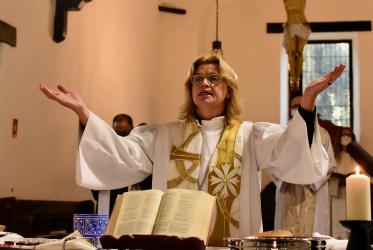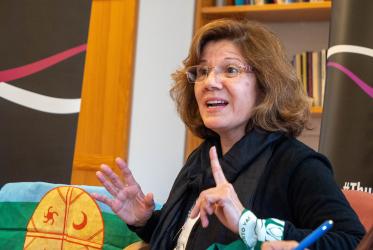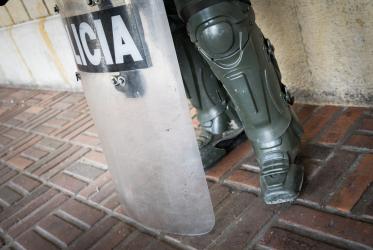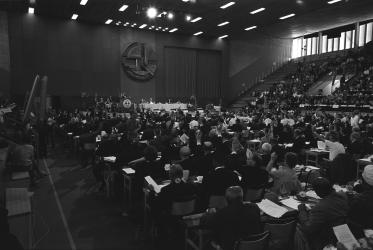Chile
When Spain conquered the territory in the 16th century the area was inhabited by the Mapuche, who still live in the central-southern part of the country. Chile became independent in 1810. In the War of the Pacific (1879-84), it defeated Peru and Bolivia and won its present northern lands. The country had a relatively stable political history until the military coup of General Pinochet against President Allende in 1973, which was followed by a long period of dictatorship, oppression, torture and disappearances. Sectors of the Christian churches defended human rights and assisted the victims in those dark years, with the active support of the WCC and the ecumenical movement. However, the leadership of important Pentecostal and Protestant churches were, especially during the early years, on the side of the military. Chile has reverted to democracy. It has developed a strong liberal economy which, however, has accentuated inequalities in society. Chile is one of the countries where the Pentecostal movement emerged in the early 20th century (1909), and the first Pentecostal member churches of the WCC were Chilean (1961). Pentecostal missions in Chile from outside the country came much later. The vast majority of non-Catholic Christians are Pentecostals. It is estimated that Pentecostals make up 15-17 percent of Chilean Christians. A new religious law was promulgated in Chile in 1999, guaranteeing equal status to all churches and religious groups. Various inter-church organizations exist. The Christian Fellowship of Churches is an ecumenical body, the Fellowship of Evangelical Churches is affiliated with the WEA.




